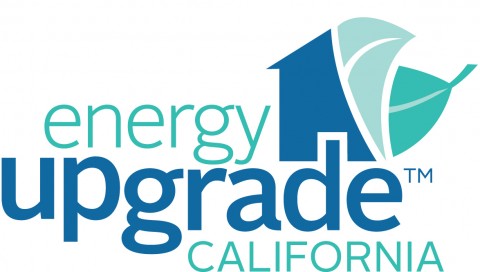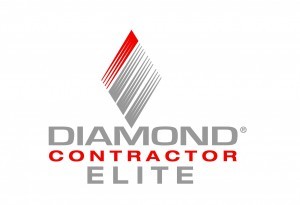What Are Geothermal Heat Pumps Anyways?

Odds are, you’re a homeowner that isn’t interested in going back to school just to understand the building science behind HVAC and home performance—you’re simply looking for a reliable alternative to heating and cooling your home that will save you real money, so that you can get back to living your life.
The biggest savings when it comes to energy efficiency HVAC systems are in geothermal heating and cooling, also called ground source heat pumps. But what the heck is geothermal AC and heating, and why is it worth the upgrade?
Making Geothermal Heating and Air Conditioning Easy to Understand
Other HVAC contractors might write a thesis paper on the specific scientific principles behind geothermal, but here at Brower, we like to make things simple and easy for anyone to grasp.
Ground Source vs. Air Source Heat Pumps
Geothermal (also called ground source) heating and air systems are a kind of heat pump. When you normally think of heat pumps, you likely picture mini-splits, which are a kind of air source heat pump. All heat pumps, in a nutshell, move heat from one location to another. In the summer, they take heat from the inside of your home and transfer it outside to cool you down. They work in reverse, too—in the winter, heat pumps can take heat from the outside (even cool or cold air contains some heat) and bring it into your home to keep you warm.
Geothermal heat pumps are just like mini splits, only instead of transferring heat to and from the air, they move heat to and from the ground. In fact, they’re even more efficient than air source heat pumps, because when you get six to eight feet below the earth’s surface, the temperature of the ground is surprisingly consistent, no matter what time of year!
Breaking Down Geothermal Heat Pump Installation
In order to be able to transfer heat to and from the ground outside your home, a geothermal heat pump requires the installation of piping into your yard—basically a big refrigerant line that we call a ground loop. This ground loop brings heat into your home in the winter, and takes it out in the summer.
You might imagine that installing piping for geothermal heat pumps will involve turning your yard upside down, but actually it’s quite easy. Your begonias can breathe a sigh of relief—geothermal installation involves minimal disturbance to your gardens or your landscaping.
Plus, once you have geothermal up and running in your home, it’s one of the quietest HVAC systems available, since the outdoor heat pump component is buried under ground. No complaints from the neighbors with this bad boy—just reliable, long-lasting comfort and energy efficiency.
So Many Ways to Save Money with Geothermal
We know what you’re thinking: “Let’s talk about money already!” With geothermal, we could be talkin’ for a while! First, the more efficient your HVAC system is, the less it will cost to run. Geothermal is more efficient than almost any other kind of heating and cooling set-up you could have in your home, including gas furnaces, central AC, and even air source heat pumps like mini-splits.
Second, geothermal heat pumps have a long lifespan—20+ years for the indoor unit and 50 years for the outdoor underground equipment. With proper maintenance and care, your geothermal will keep running for longer, helping you take advantage of greater savings.
Finally, because geothermal heating and cooling is better for the environment than other heating and cooling systems, you’ll qualify for rebates and incentives when you install! There’s a federal tax credit, Energy Efficient Property Tax Credit, that can help you take up 26% off your installation costs in 2021 and 2022 and 22% in 2023, and local utility companies offer incentives for upgrading your home as well. With Brower, we’ll help you take advantage of every last penny you qualify for, making geothermal even more affordable to add to your home.
Find the Best Heating and Cooling System for Your Home with Brower Today
No two homes are exactly alike, and at Brower, we don’t operate on a one-size-fits-all basis. If you’re looking to upgrade your heating and cooling system, it could be because you’re looking to save money, or it could be because it can no longer keep your home comfortable enough. Our team of whole home experts will work with you to find the best solution for your issue, whether it’s an upgrade to a geothermal heat pump, energy efficient furnace or central air conditioner, or ductless mini-splits.






